Program Path: Healthcare
Are you interested in becoming a medical billing specialist? Administrative careers in the healthcare industry are challenging, rewarding, and stable. They provide you with the opportunity to maximize patient outcomes […]
Program Path: Healthcare
Nurses are fixtures in hospitals, clinics, doctor’s offices, and nursing homes; they couldn’t run without them. But today’s registered and licensed practical nurses are increasingly found in a wider range […]


Program Path: Legal Studies
Are you interested in the law but don’t want to spend 7 or more years to become a lawyer? Did you know that you can become a paralegal in a […]
Call Us Today or Complete The Form at the Top of The Page to Take the Next Step Toward Your New Career!

Gwinnett
Colleges & Institute
Gwinnett Colleges and Institute cannot guarantee employment or a minimum starting salary upon graduation; however, placement assistance is available upon successfully completing the selected program.
For state authorization and accreditation information, please refer to the location page associated with the campus you are interested in.
Disclosures and Catalogs
For Consumer Information, Disclosures, and Course Catalogs, please click the above link.
Sources and related content